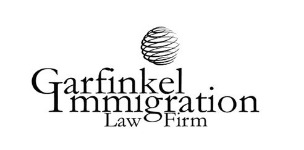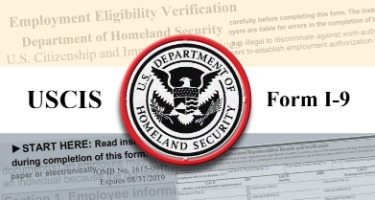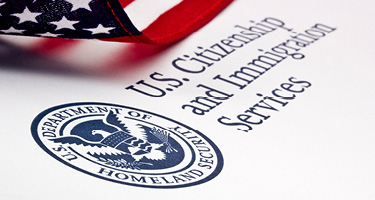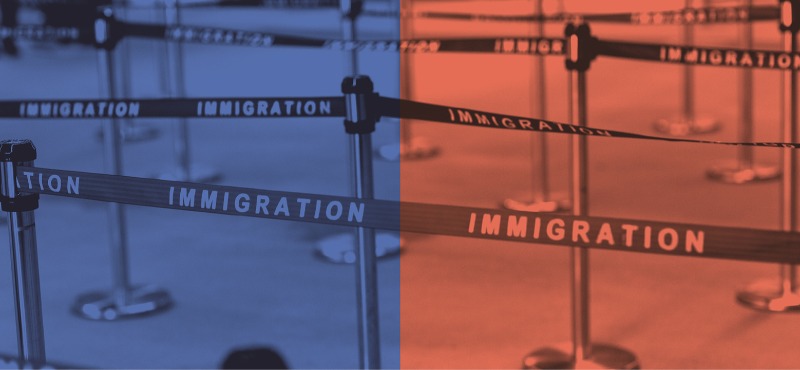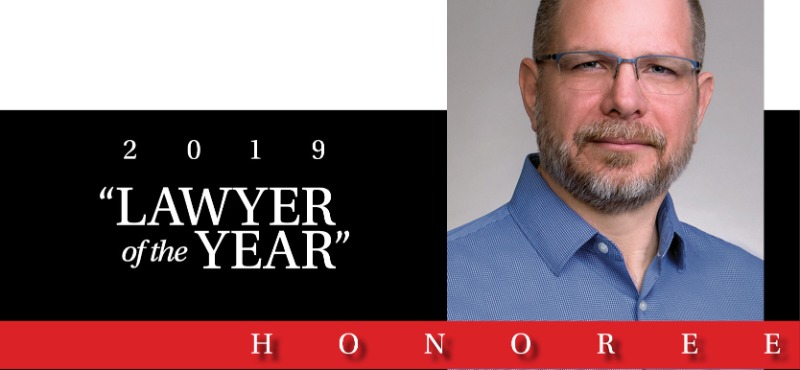Developing and retaining an international workforce is essential to competing in the global marketplace. Employers are too often unpleasantly surprised by visa and compliance issues. Here are some essential keys to success:
Hire smart.
Employers should confirm that each candidate is legally authorized to work and confirm whether the candidate will ever require sponsorship for an immigration-related benefit. If a candidate indicates that he or she requires visa sponsorship, the global employer should probe further and ask additional questions about current status, length of time in current status, and whether a green card process has ever been initiated.
When recruiting talented candidates outside the U.S. without a work visa, consider the H-1B visa for professionals as a last resort (due to the limited number available each fiscal year and the extremely high demand). With limited visa options, the global employer should focus its international recruitment efforts on employees who have served the organization internally for at least one year and may qualify for an intracompany transferee work visa. Outstanding individuals may also qualify for an O-1 exceptional/extraordinary visa. Certain nationalities have additional visa options available to them, and if the global employer is a foreign-owned company or engages in substantial trade with another country, there may be additional visa options for employees who are citizens of that country (E Visas).
Understand the possibilities and limitations of “visitor” status.
An individual who enters on a B-1 Visitor Visa or pursuant to the Visa Waiver Program (ESTA) is not authorized to work in the United States. The business visitor may attend meetings, conferences, and seminars and negotiate contracts and conduct other limited activities, but cannot receive wages from a U.S. entity. Frequent or extended U.S. visitors should apply for a work visa since this travel pattern typically raises a red flag for immigration officers at the port of entry. This could result in additional scrutiny, denial at the port of entry, or, in the worst case scenario, an expedited removal.
Note that the law does allow for limited circumstances where someone in visitor status may work in the U.S, for example, skilled technicians who enter the U.S. to install or repair machinery sold by their employer within the last year where a sales contract provides for such service.
Plan for the future.
Employers should identify key employees who require H-1B sponsorship by November of each year to ensure timely filing of cap-subject petitions. For employees who have already secured the H-1B Visa or another type of work visa, bear in mind that work visas are temporary in nature, and some cannot be extended beyond a certain time period. Global employers should be aware of these deadlines and identify employees they wish to sponsor for permanent resident status as soon as possible.
Be prepared to demonstrate compliance.
Any number of government agencies may appear for a site visit, including USCIS, ICE, and DOL. The smart employer conducts regular internal “audits” of all H-1B and L-1 workers to ensure that their job duties, worksites, and salaries are consistent with the filed petitions. The audit should include a review of the Public Access File for each H-1B worker. Furthermore, employers should schedule regular internal audits of its I-9 records to ensure they have been filled out properly and are up to date. Prepare for site visits by designating someone from human resources to meet with an investigator during unannounced visits, and notify your corporate counsel.
Fire smart.
The global employer should know it bears additional obligations to the employee upon termination if the employee holds H-1B, O, or P status. The employer must reimburse the employee for the cost of return transportation to the home country and should notify USCIS of the termination. Finally, after an employee’s departure, the employer must retain I-9 records, Public Access Files, and PERM audit files for a specified period of time and implement a system to purge these records after the requisite time period has lapsed.
Stay tuned.
Immigration law is constantly evolving. Global employers should always seek highly-qualified legal advice to avoid conflicts. Garfinkel Immigration Law Firm, one of the largest business immigration firms in the Southeast, has provided comprehensive services to global employers for 20 years. If you have any questions, please contact our firm at 704-442-8000.
------------------------
Based out of Charlotte, NC, Garfinkel Immigration Law Firm is one of the largest immigration practices in the Southeastern U.S. We focus in distinct immigration practice areas, including business immigration, family immigration, global immigration, and employer compliance. Please contact us at (704)-442-8000 or by visiting www.GarfinkelImmigration.com. You can also reach us on Facebook (@GarfinkelLaw) or Twitter (@GarfinkelLaw).

